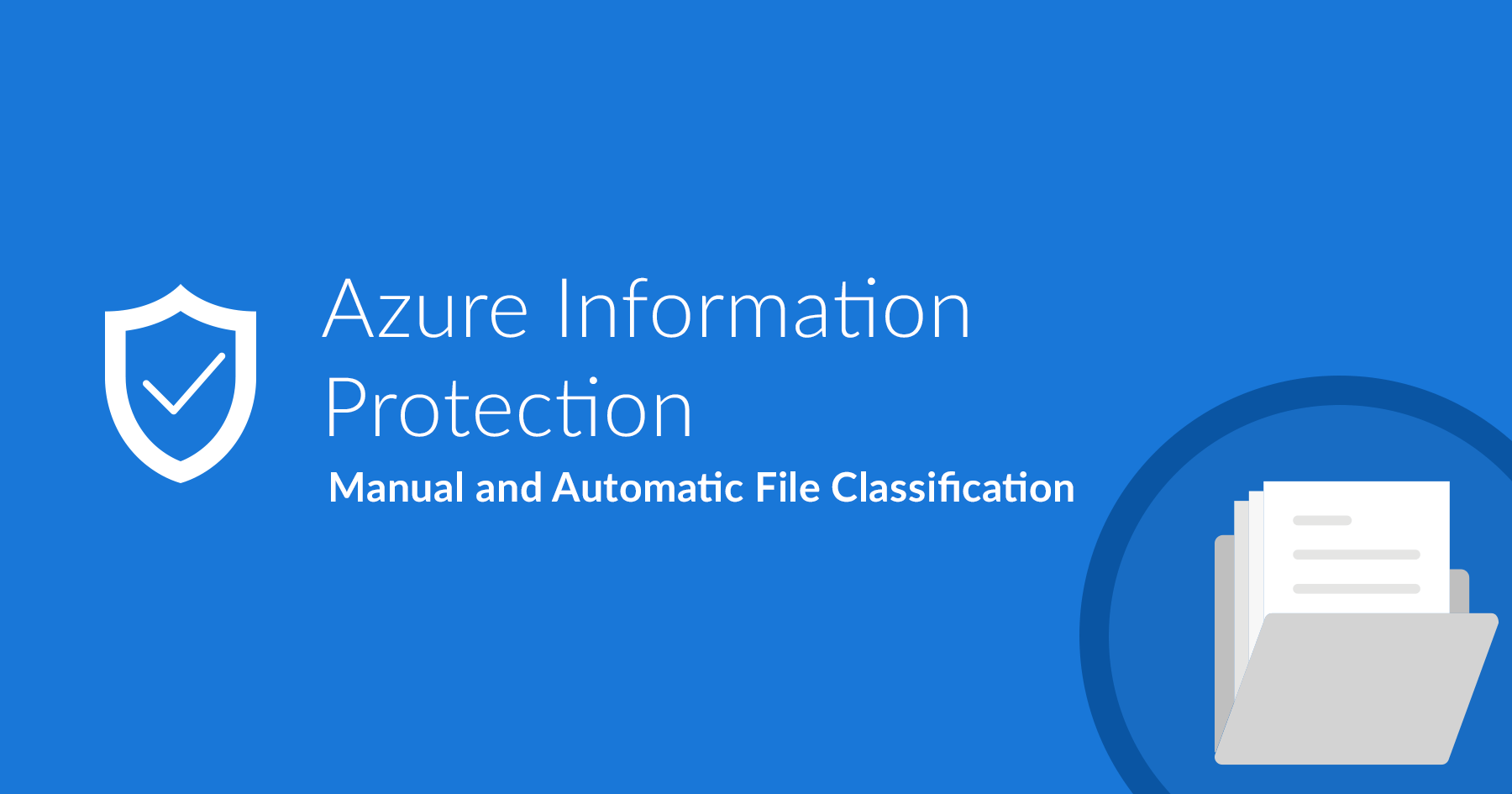Student Ambassador's News Letter Q4 2020
The Student ambassador’s quarterly newsletter keeps you updated on how the Student ambassador and many others are working to improve students’ legal position and develop dialogue and understanding between students and the University.
Counselling needs in Q4
In Q4, the Student Ambassador received 164 enquiries.
Most of the enquiries were from students who needed guidance in relation to applying for exemption.
In addition, there have been a number of enquiries from students who either wanted to complain about an exam or asked for guidance on legal complaints.
Approx. 15 percent of the enquiries came from students who were involved in a disciplinary case. The 15 percent is almost equally divided between students who were suspected of cheating at exams and students whose enquiries regarded experiences with being bullied by either fellow students or employees.

2020 in figures
The Student Ambassador said goodbye not only to Q4 but also to 2020.
In 2020, we received 667 enquiries. Since the function was established in 2013, the number of enquiries has increased in line with the increased visibility of the function, among other things. However, with the figures from 2020, we start to see the number of enquiries stabilising at around 650 on average per year.
We can also see that, as in 2019, one in three enquiries is from students who have one or more functional impairment(s). Most students with functional impairments seek guidance on applying for exemption or on legal complaints.
For the vast majority, 2020 was a very unusual year, which is also reflected in the types of challenges that students have sought guidance on from the Student Ambassador. Among other things, the number of enquiries regarding suspected exam cheating doubled. Many of these enquiries were about students suspected of cheating after having participated in an exam with changed examination form because the exam had been converted due to coronavirus.
You can see the distribution between our enquiry categories in the graph below, where you can also see a comparison with the distribution in 2019 (in which number of enquiries was 578).

We have also seen more than a doubling in the number of enquiries about bullying, sexual harassment and other offensive behaviour. But then we received fewer enquiries than in previous years about applications for exemptions, complaints about exams and legal complaints, as seen from the total number of enquiries, although they still end up being the three largest categories of the year again in 2020.
Moreover, in the second half of 2020, we saw a doubling in traffic to our website. We had the most visitors in November with 1450 unique visitors.
Letter on students with functional impairments
In November, we became aware that, in May 2020, all higher education institutions in Denmark had received a letter from the Danish Agency for Higher Education and Science about the institutions’ administration of the disability area. The Danish universities and the Danish Agency for Higher Education and Science are currently discussing the content of the letter. We became aware of the existence of the letter by reading the minutes from the meeting in the Danish Parliament's Higher Education and Research Committee held on 13 May (in Danish only).
European ministers want to enhance student rights
At the virtual European Ministerial Conference in November for the 49 countries in the Bologna Process (European Higher Education Area), the countries decided, among other things, to work to enhance student rights by, for example, evolving national systems by establishing student ombuds and the like. The decisions were set out in the so-called Rome Ministerial Communiqué, which will form the basis for the Bologna Process in the coming years.
The countries also decided to work to support collaborations on enhancing student rights through the European Network of Ombuds in Higher Education (ENOHE). Student Ambassador Bo Gad Køhlert is a member of the Board of ENOHE.

Technical tip
If you write to people who do not have a KUmail (e.g. a case party’s representative), you should install the security tool Azure Information Protection from your computer’s ‘Software Center’.
Azure Information Protection allows you to classify your emails and files with different degrees of sensitivity and thereby ensure that personal data is encrypted when sent (with some classifications the recipient will receive a link to a password-protected Outlook webpage). You can also decide what the recipient is able to do with the material you send them.
At the Student Ambassador’s office, we have just begun to use this function with great success! Previously we used Bluewhale to communicate with people without a KUmail.
Read more about Azure Information Protection in the Employee Guide (behind UCPH login).

